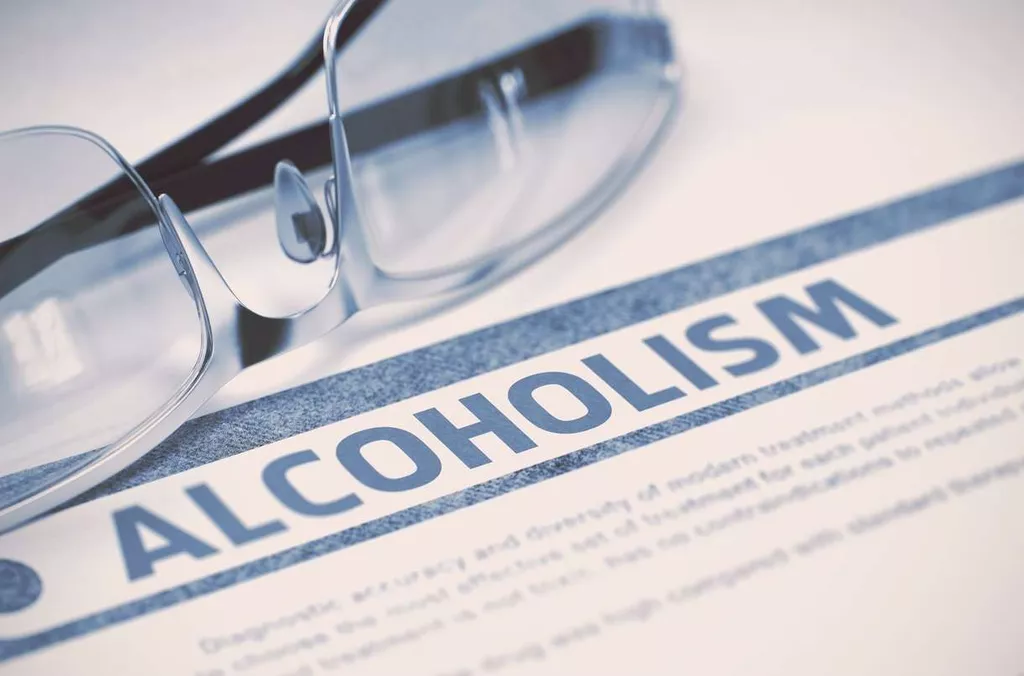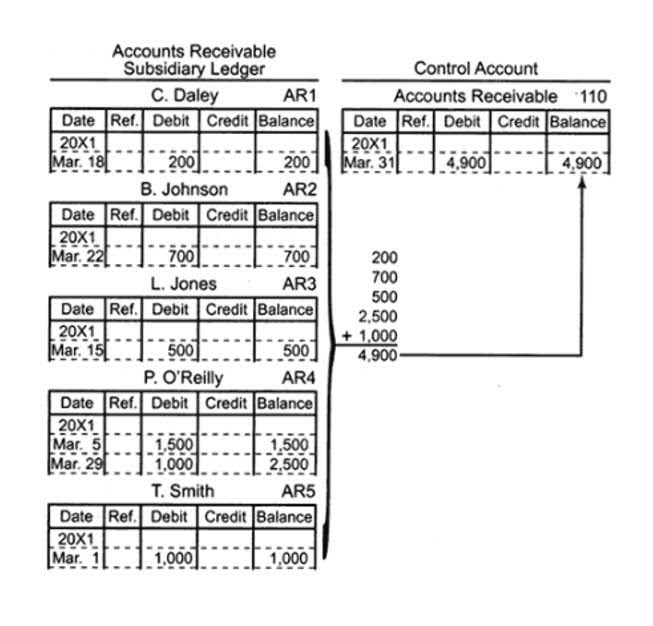
A healthcare professional can offer support for people with alcohol use disorder. A doctor may also recommend treatments to manage neurological symptoms, such as pain relief medications, physical therapy, and mobility aids. One of the key nutrients inhibited by alcohol is thiamine, vitamin B1. Thiamine serves as an important coenzyme in carbohydrate metabolism and neuron development. The lack of thiamine in the nervous system affects the cellular structure and can cause cell membrane damage and irregular ectopic cells. Other vitamin deficiencies seen with alcohol abuse include but are not limited to, B vitamins, folic acid, and vitamin E.
Substance Abuse Treatment Programs

You’ll likely also be asked to participate in physical therapy to help regain and maintain your strength. Other causes can lead to neuropathy besides alcohol, so your healthcare provider may order additional tests to confirm what has caused your symptoms. For instance, they may check your thyroid function, neurons, electrolyte levels, and heart health. The major complications of alcoholic neuropathy occur due to altered sensations. Diminished sensations of pain, touch and temperature changes increase the risk of injuries, infected wounds, burns and skin trauma. Balance and co-ordination problems can be dangerous in outdoor activities and can cause injuries.
Sign up for text support
The signs and symptoms of alcoholic neuropathy can vary based on the person, their medical history, and the bodily functions most impacted by their alcohol use. Prolonged exposure to heavy alcohol use can damage these nerves, which can result in a number of uncomfortable and potentially-dangerous symptoms. Nerve damage that is drug addiction caused by or related to alcohol use is known as alcoholic neuropathy, or polyneuropathy when multiple nerves are affected.
Motor symptoms
People with alcoholic neuropathy who stop drinking may alleviate their current symptoms and prevent further nerve deterioration. Damage to nerves caused by alcoholic neuropathy, however, is usually permanent. Alcohol can have a toxic effect on nerve tissue, and alcohol abuse is one of the most frequent causes of neuropathy. According to studies, it is estimated that as many as 66% of individuals with chronic alcohol abuse may suffer from alcoholic polyneuropathy. The most critical step in managing alcoholic neuropathy is the complete cessation of alcohol drinking.
People with a high BMI put added strain on the liver, increasing the risk of hepatitis. A person acting with a combination of heavily impaired judgment, poor motor function, and significant memory lapses is a potential danger to themselves and those around them. Alcohol has the potential to affect almost every organ in the body on some level. We’ll dive into its specific effects in each section, but this table can help you understand the impact at a glance. In total, 585 papers did not meet the inclusion/exclusion criteria and were excluded. By scanning the reference lists of included studies, an additional 4 papers were identified.


The condition can also lead to digestive issues, urinary problems, and even difficulty walking. Alcohol misuse can lead to neurological damage that can affect multiple areas of a person’s health and well-being. The best way to avoid the issue is to limit alcoholic consumption to 2 or fewer drinks per day for males and 1 or fewer for females. Once you stop alcohol intake, a doctor can address your specific alcohol neuropathy stages symptoms.
At an inpatient facility, people get to control their drinking habits and abstain from alcohol successfully. This will help reduce the impact of nerve damage and manage the condition. There is a 6% to 51% prevalence rate of peripheral neuropathy in diabetic adults. When you consume a lot of alcohol, the nerves become even more vulnerable to damage.
- A poor diet that lacks vitamin B12 or folate can result in peripheral neuropathy.
- A doctor may diagnose a person with alcoholic neuropathy, if alcohol use has damaged the peripheral nerves.
- Sensory symptoms of this condition involve changes in sensation, which may worsen at night and gradually spread to other parts of the body as the condition progresses.
- Alcohol enters the bloodstream from the digestive system within 5 minutes of consumption, and peak absorption is seen within 30 to 90 minutes.
Can alcohol cause pain in your feet?
The pain can feel like burning, throbbing, or sharp pins and needles. As the condition progresses, the pain may vary in intensity, sometimes diminishing for months before worsening again. Another prominent effect of alcoholic neuropathy involves painful and uncomfortable sensations. Alcoholic neuropathy can result in hypersensitivity to touch and even resting pain. Light touch can feel exaggerated and painful, particularly in the fingers and toes.
- Alcoholism, now called alcohol use disorder (AUD), is a condition in which you have difficulty stopping or managing your alcohol intake despite experiencing negative consequences.
- Their collective expertise shines through in each article, offering readers valuable guidance, the latest in addiction science, and inspiring stories of healing and transformation.
- Telling your doctor that you abuse alcohol is crucial because the symptoms are so similar.
- Just like the extremities, alcoholic neuropathy can also affect the internal organs and other body parts.
Alcoholic neuropathy requires a comprehensive treatment approach focused on both halting the condition’s progression and alleviating its symptoms. This dual strategy is essential to manage the condition effectively and improve our quality of life. In fact, the condition can come from https://ecosoberhouse.com/ a number of different causes. It’s important to realize that, whatever the primary cause of neuropathy, drinking alcohol contributes to the condition and makes it worse.




